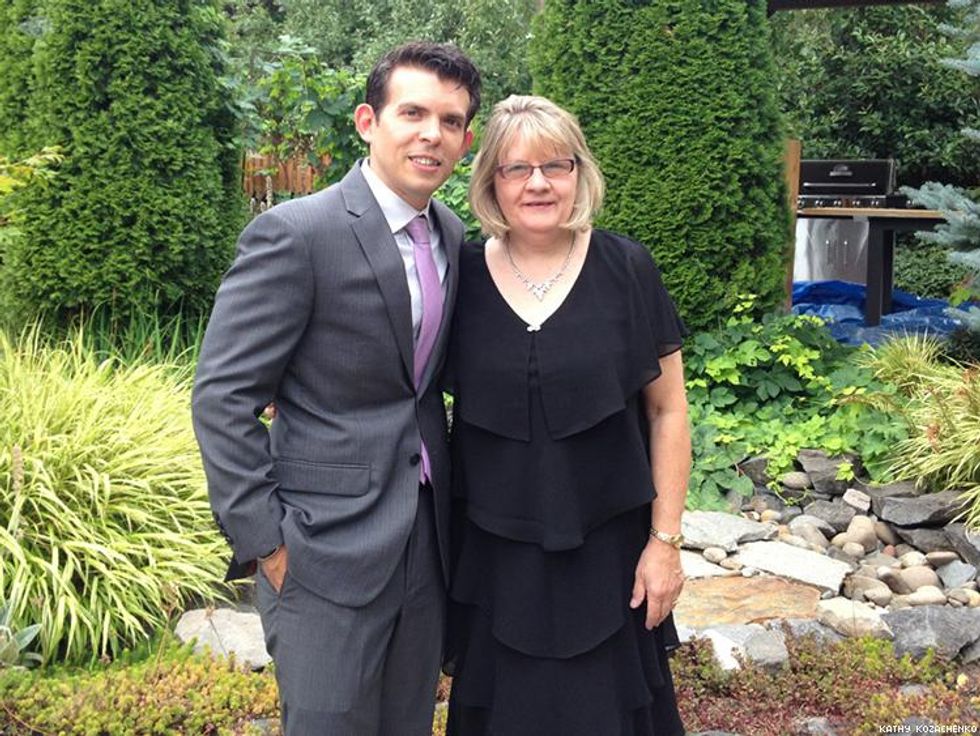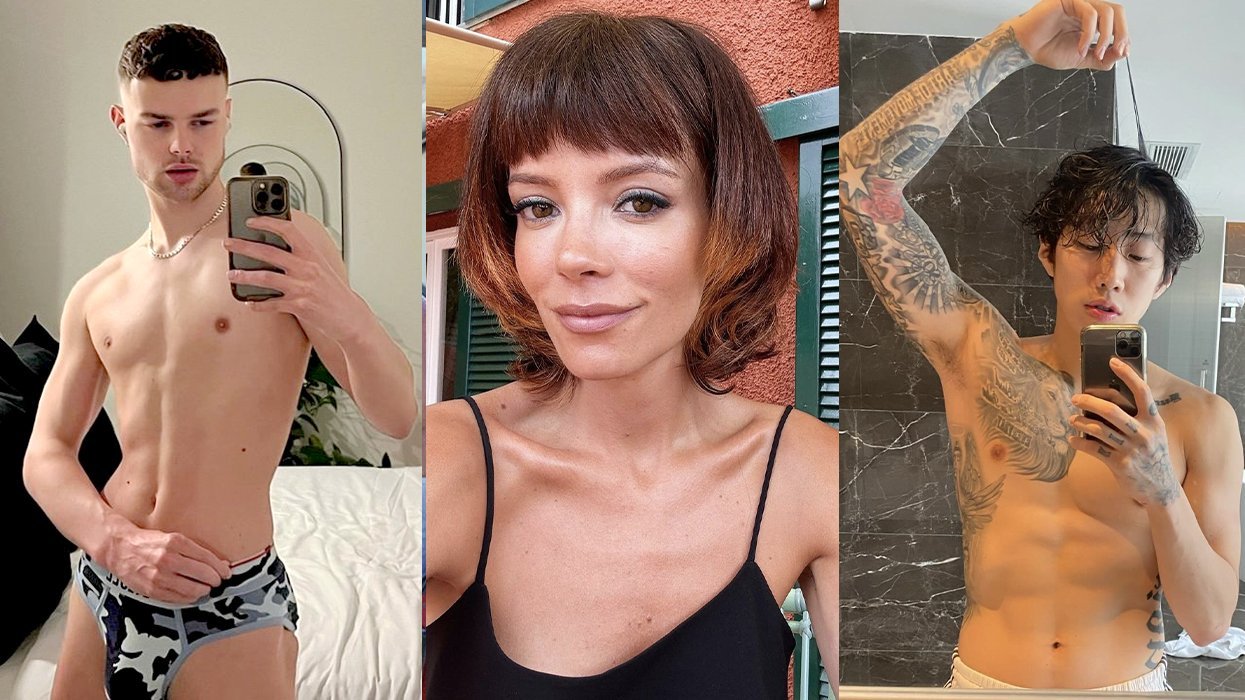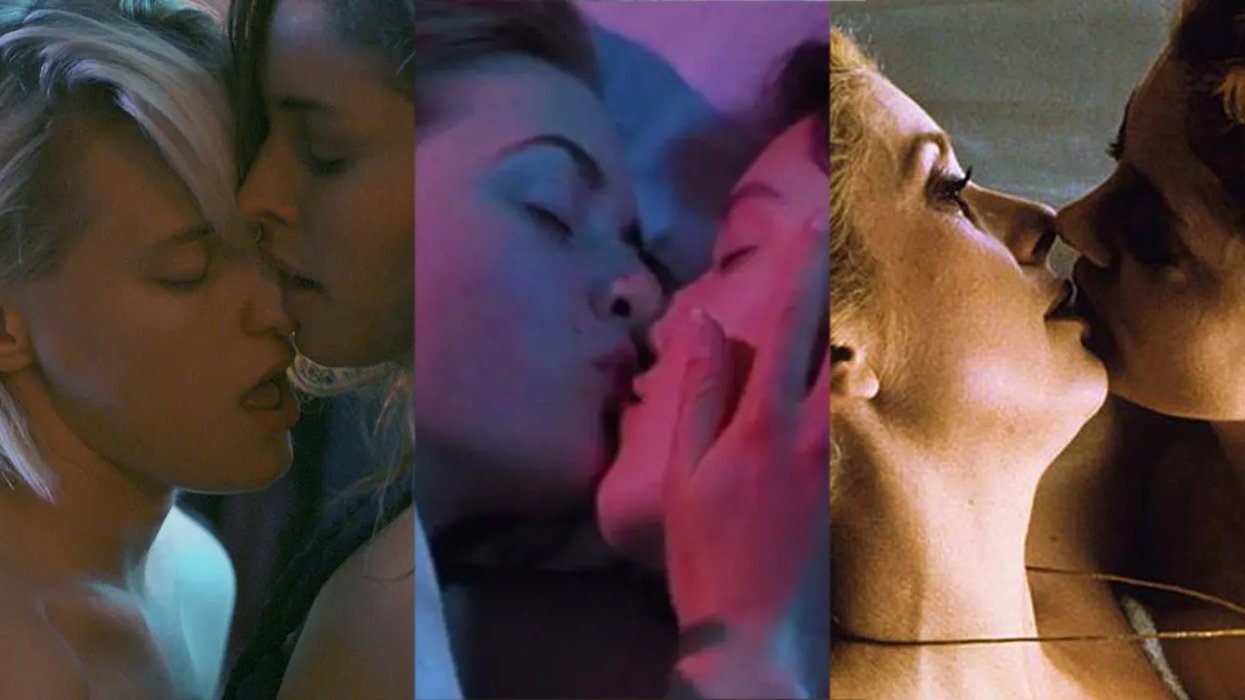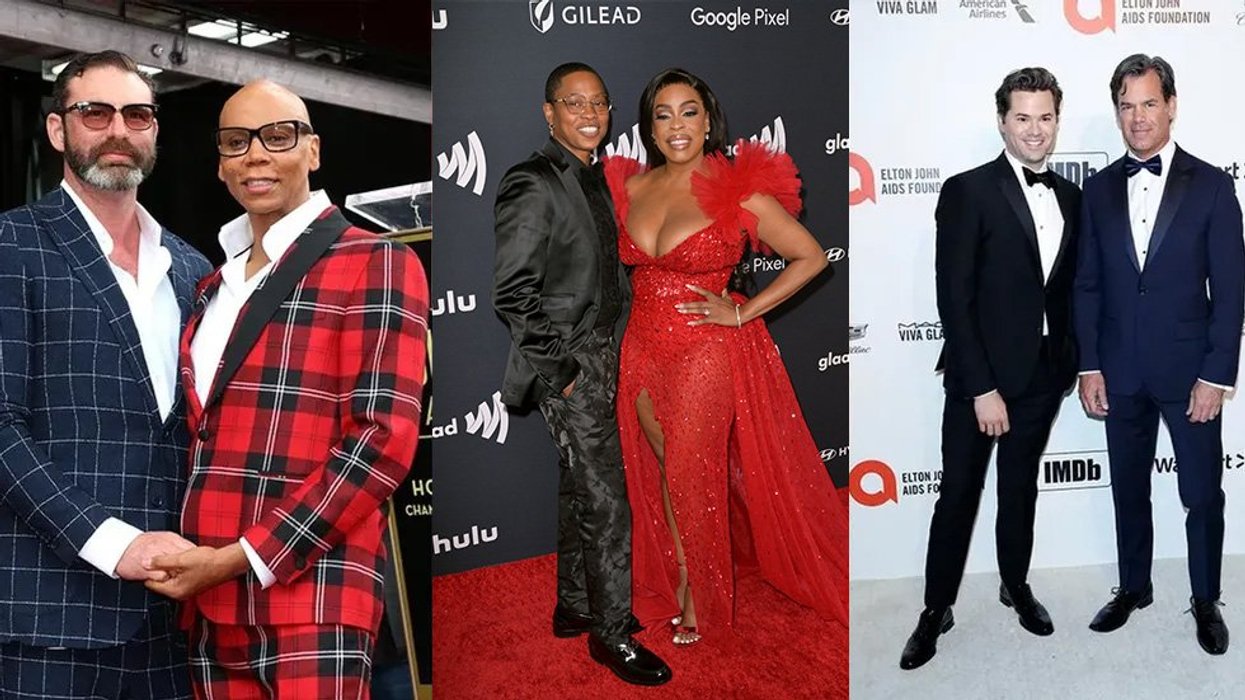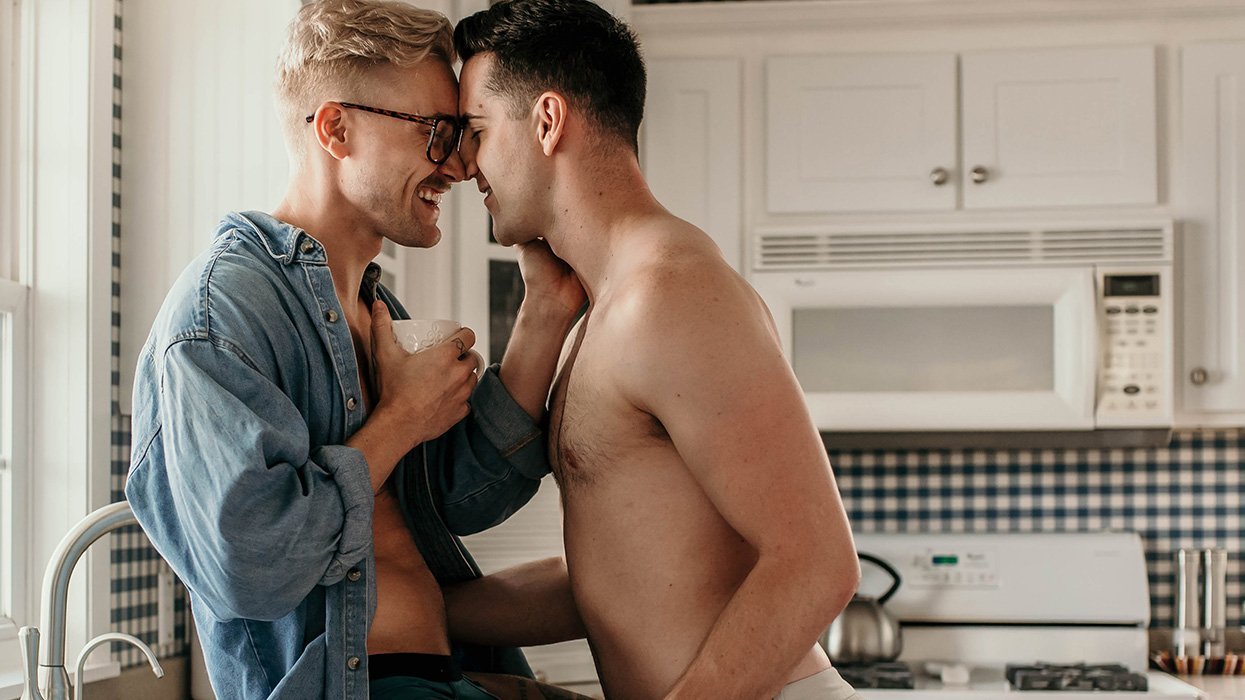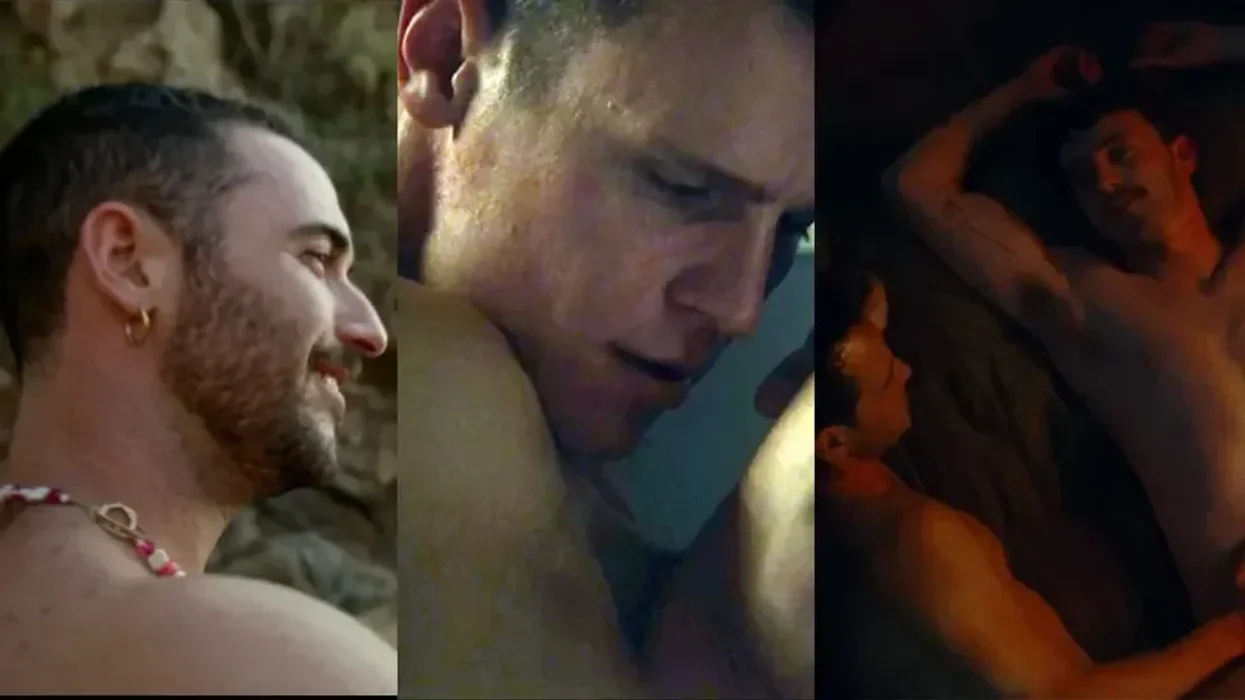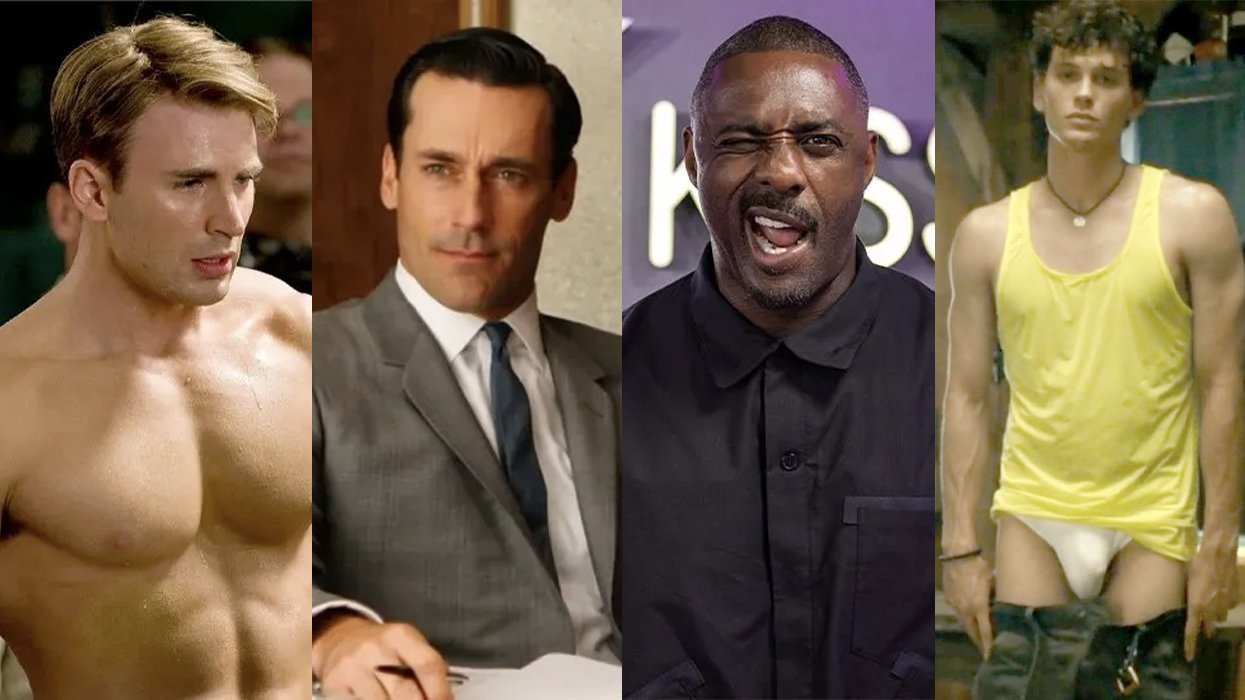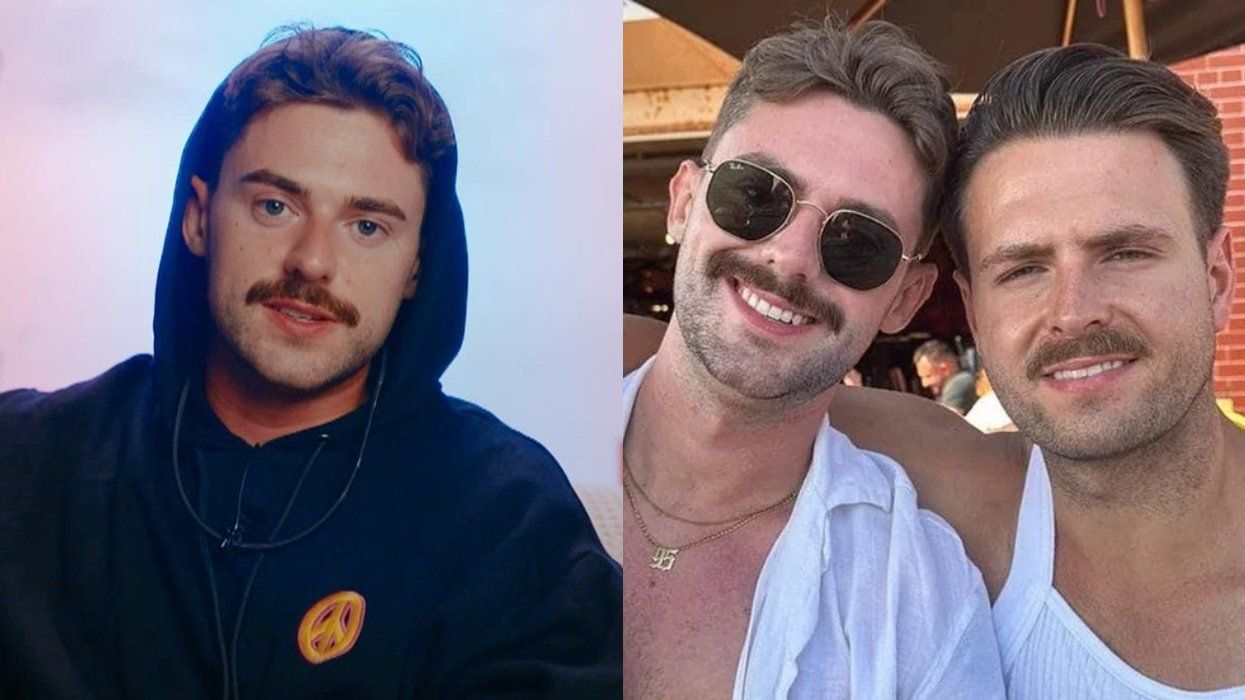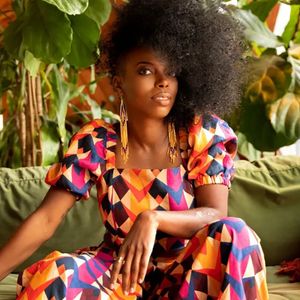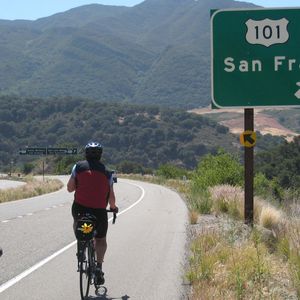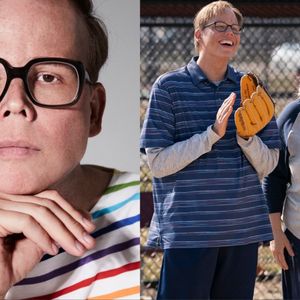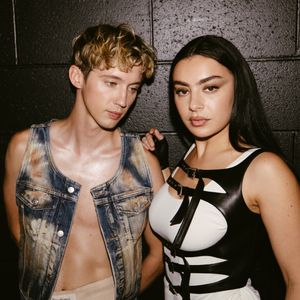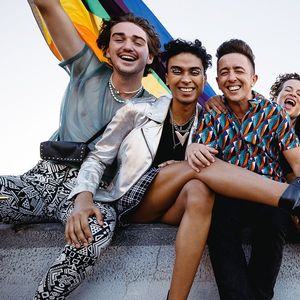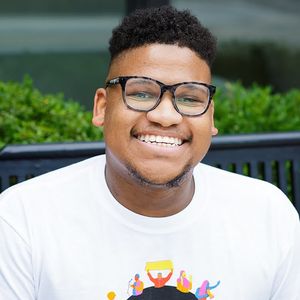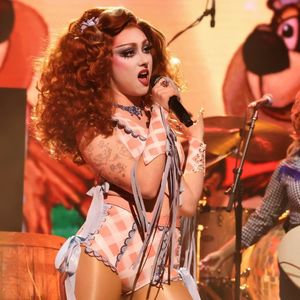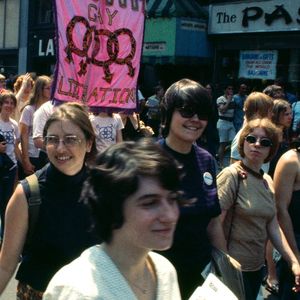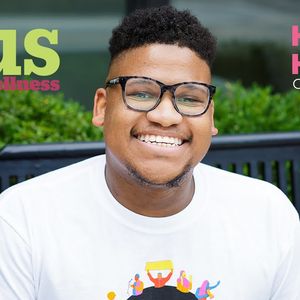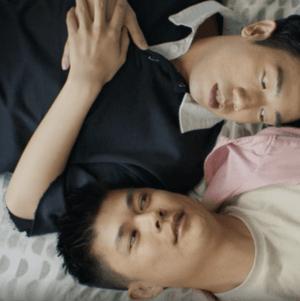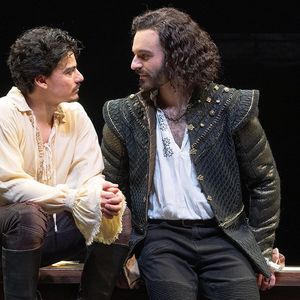A lesbian political pioneer is getting some long-overdue recognition.
Kathy Kozachenko won a seat on the City Council in the progressive university town of Ann Arbor, Mich., April 2, 1974, making her the first openly LGBT person elected to public office in the United States. Two other members of the council, a gay man and a lesbian, had come out the year before, but neither was out at the time of election.
Kozachenko’s election was largely ignored nationwide, notes Bloomberg Businessweek reporter Steve Friess in a profile of her published online Friday. “The New York Times ran a piece the following day about the election that ignored its barrier-breaking significance and, instead, focused on the wackiness of some wildly liberal town’s voters passing a referendum to reduce the penalty for marijuana possession to a $5 fine,” he writes. “The Times did list the winning candidates, too, noting of Kozachenko that she was ‘a student at University of Michigan who described herself as a lesbian.’ But there was no indication that she had just accomplished something historic.”
The Advocate, now a sibling publication of SheWired, didn’t explicitly say Kozachenko was a national pathbreaker, but it headlined its story about her with “This Time, Gay Candidate Wins as a Gay.” It noted that council members Nancy Wechsler and Gerald DeGrieck had come out while in office and that they had chosen not to run again, but there would still be gay representation on the body.
“Kozachenko’s election victory seemed an indication that the City Council here may still be faced with the gadfly attention of gay residents bent on forcing the local government to deal honestly with gay rights,” The Advocate reported. Wechsler and DeGrieck had criticized city officials for failing to enforce Ann Arbor’s gay rights ordinance — for instance, not prosecuting any of the discrimination complaints Wechsler had filed against a local dance club.
The pioneering nature of Kozachenko’s accomplishment got little attention in the local media either, and over time it faded from the LGBT movement’s collective memory, Friess notes. Kozachenko, who ran as a member of the radical Human Rights Party and narrowly defeated a Democrat, served just one two-year term on the council, then left Ann Arbor, eventually settling in Pittsburgh. She remained active in the movement for several years, “most notably as an organizer for the 1979 March on Washington,” Friess writes. Then came a long-term relationship, the birth of a son, Justin, and a job where she felt the need to be discreet.
And other historic victories eclipsed hers. In November 1974, a few months after Kozachenko’s election, lesbian Elaine Noble was elected to the Massachusetts legislature, making her the first openly LGBT person to win state office. Allan Spear, who was elected to the Minnesota State Senate in 1972, while a closeted gay man, was inspired by Noble’s victory to come out. And then in 1977, Harvey Milk was elected to the San Francisco Board of Supervisors.
Kozachenko has eased back into activism over the years, working in multiple social justice movements through her Unitarian Universalist church in Pittsburgh and attending the 1993 March on Washington with her partner, MaryAnn Geiger. (Geiger died in 2010, after the women had spent 26 years together.) To Friess, she expressed some disappointment that her place in history has been ignored.
“I find it very frustrating,” she said. “I’m not sure exactly why what we all did isn’t better known. I think the biggest thing is that we were from a radical third party and we were in Ann Arbor, Michigan, and neither of those things gave us much visibility nationally.”
Also, being lesbian was not the central part of her political identity, she noted, as she was interested in a variety of social justice causes. But she did feel slighted, she told Friess.
“Well, yeah, I felt left out, because I am particularly proud of the fact that it is was a third party and not the Democratic Party that elected the first gay person,” she said. “And, actually, they usually leave two people out. I was elected in April of 1974 and Elaine Noble was elected as an openly gay state representative in Massachusetts in November. I mean, come on! That’s two women! Yes, Harvey Milk is a much more important person. I just think it’s not good for our history for these things to be left out.”
The Bloomberg Businessweek profile may well help to correct the situation. Among other things, it quotes her election night victory speech, portions of which remain relevant today: “This is the first time in the history of the U.S. that someone has run openly as a gay person and been elected to public office. Gay liberation was not a major issue in the campaign — both candidates in this ward said they supported gay rights but 10 years ago, or even three years ago, lesbianism would have meant automatic defeat. This year we talked about rent control. We talked about the city’s budget. We talked about police priorities, and we had a record of action to run on. Many people’s attitudes about gayness are still far from healthy, but my campaign forced some people at least to re-examine their prejudices and stereotypes.”
Read the full story here.
